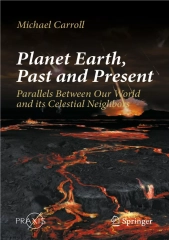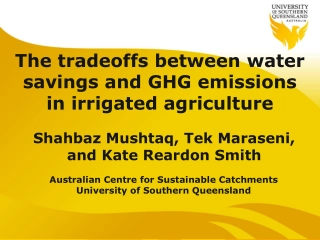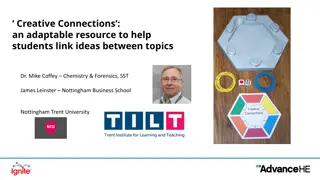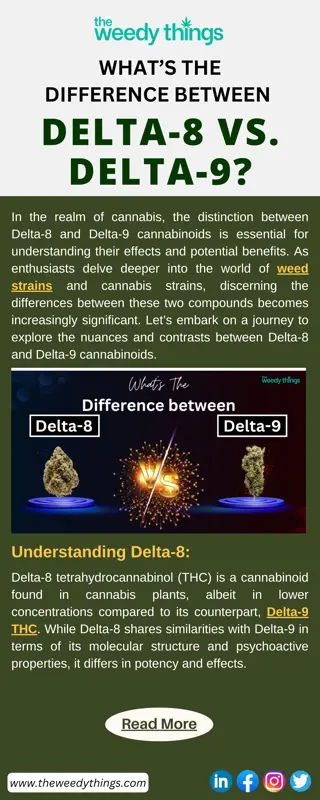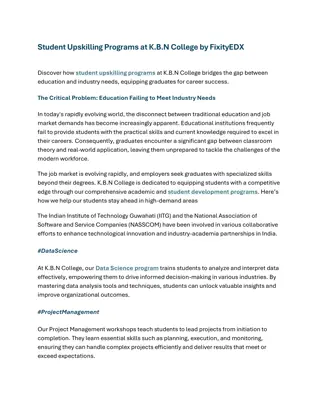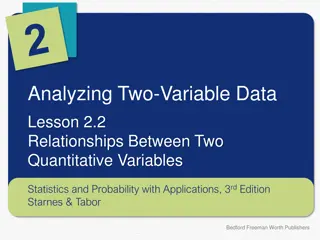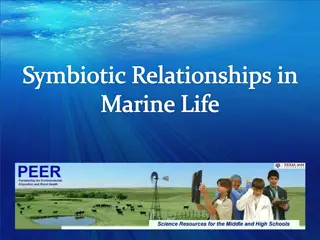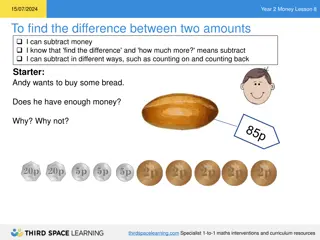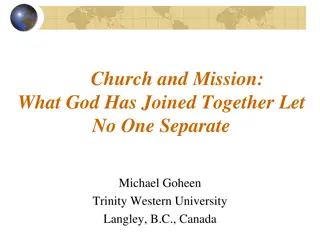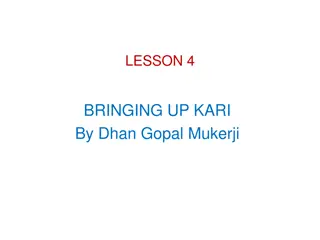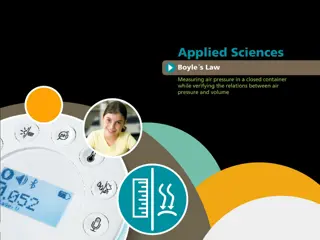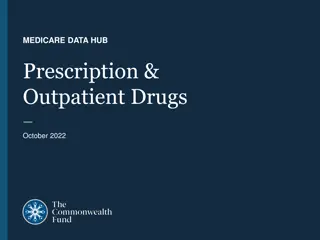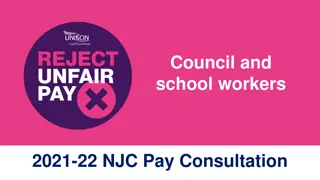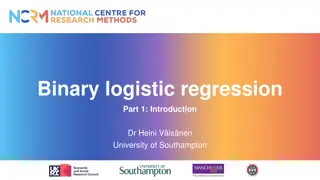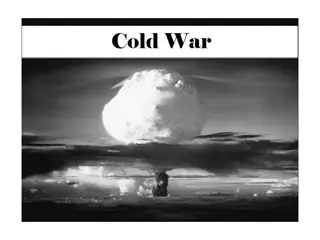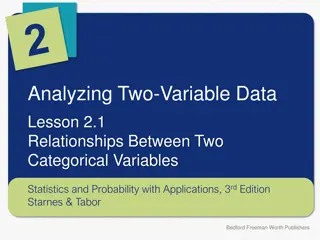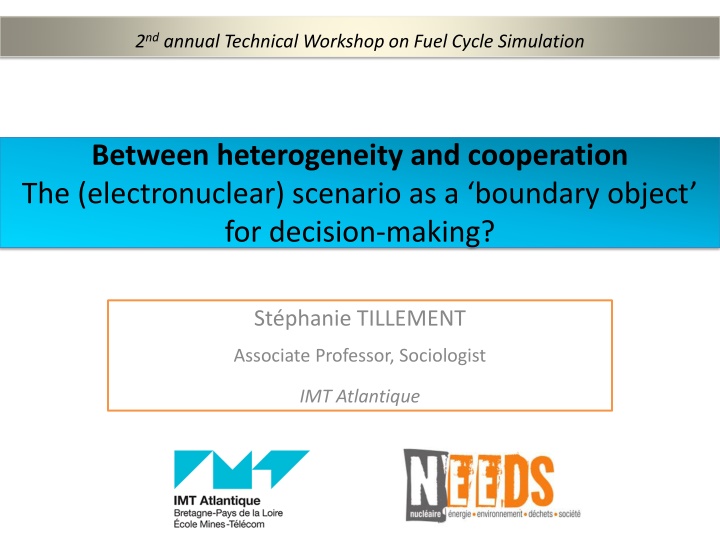
Decision-Making in Fuel Cycle Simulation Workshops
Delve into the interdisciplinary research project PRISE focusing on the electronuclear scenario as a boundary object for decision-making processes in fuel cycle simulation workshops. Explore the unique methodology, research framework, and critical analysis involved, shedding light on the diverse actors and temporal dynamics shaping scenario development and evaluation.
Download Presentation

Please find below an Image/Link to download the presentation.
The content on the website is provided AS IS for your information and personal use only. It may not be sold, licensed, or shared on other websites without obtaining consent from the author. If you encounter any issues during the download, it is possible that the publisher has removed the file from their server.
You are allowed to download the files provided on this website for personal or commercial use, subject to the condition that they are used lawfully. All files are the property of their respective owners.
The content on the website is provided AS IS for your information and personal use only. It may not be sold, licensed, or shared on other websites without obtaining consent from the author.
E N D
Presentation Transcript
2ndannual Technical Workshop on Fuel Cycle Simulation Between heterogeneity and cooperation The (electronuclear) scenario as a boundary object for decision-making? St phanie TILLEMENT Associate Professor, Sociologist IMT Atlantique
2ndannual Technical Workshop on Fuel Cycle Simulation My good excuse for not being here
2ndannual Technical Workshop on Fuel Cycle Simulation Research framework PRISE (Interdisciplinary Research Project on Electronuclear Scenario) An interdisciplinary project team: scholars in sociology (S. Tillement, S. Guyard), management (B. Journ ) & physics (N. Thiolliere, X. Doligez, A. Bidaud) A central research thematic What about the link between scenario and decision-making processes? In the continuity of collaborations initiated in 2014 : A presentation last year at the 1st Technical workshop on Fuel Cycle Simulation focused on studying role played by scenarios through the lens of long-term trajectories (sequenced by turning points) to qualify 3 different sociotechnical configurations, shaped by: participation forms of the different actors involved (including evolution of hierarchy of credibility and legitimacy) a specific form of scenario and specific practices of construction and uses of scenario
2ndannual Technical Workshop on Fuel Cycle Simulation Research framework PRISE (Interdisciplinary Research Project on Electronuclear Scenario) From the analysis of the factory of the scenarios to the analysis of their use A project centered on blind spots of previous researches: The implication of the political sphere in processes of decision making and scenarios development Different visions of scenarios and scenario-based practices according to the different social worlds or communities of practices The collective dynamics of scenarios evaluation Main scientific goal: Developing a critical analysis of the content, roles and uses of scenarios that takes into account the diversity of involved actors and long-term (past, present, future) temporal dynamics
2ndannual Technical Workshop on Fuel Cycle Simulation Research framework PRISE (Interdisciplinary Research Project on Electronuclear Scenario) An original methodology based on Focus-groups A 2-steps research process 1ststep (2016-2017): Focus-groups to structure collective discussions between representatives of the same community of practices, among 3: o Politics (P1, P2, P3, P4) o Research, Engineering and Industry (I1, I2, I3, I4, I5) o Academics (A1, A2, A3, A4, A5, A6, A7) 2ndstep (2017): Final workshop gathering all previous participants to structure collective discussions between representatives of different social worlds around key thematics On-going analysis of data
2ndannual Technical Workshop on Fuel Cycle Simulation Thinking scenarios as boundary objects The field of STS (Science & Technology Studies) Boundary objects (Star & Griesemer, 1989; Star, 2010) Scenario
2ndannual Technical Workshop on Fuel Cycle Simulation Thinking scenarios as boundary objects Distributed and embedded in action Weakly structured in common use Strongly structured in local use Interpretive flexibility Boundary object All at once ambiguous and clear, at different moment, for different objectives Concrete or abstract Temporal
2ndannual Technical Workshop on Fuel Cycle Simulation Scenarios as BO for informed decisions Scenarios as BO helps more informed decisions by supporting inter-disciplinary work (e.g. physics & economy) My second experience with scenarios is a much more multidisciplinary work, with an energy approach voluntarily not an economic one. Because the economists [with who we collaborated] were saying that the costs associated with energy were nonsense. If economists themselves say That s nonsense', where are we going? And the economists in question have suggested to have a very physical approach. [...] With these economists, we tried to build a tool that allows, in a given framework, with the same hypotheses, to compare different scenarios from the physics point of view. (A1) Inter-occupational work (e.g. politicians & academics) What was quite interesting is that a kind of group phenomenon takes place between the scientists who are brought together, who attend all our hearings and who can intervene when they want I think of one of the studies where when the auditions were finished, they were discussing again between them or sending emails and telling us: there is still a question that must be deepened, it's not clear . When you work like that, there is relatively little chance of misleading, especially since I liked to put people completely outside the field. What I'm interested in is what they feel and can tell me . (P2)
2ndannual Technical Workshop on Fuel Cycle Simulation Scenarios as tools that reinforce boundaries The interpretive flexibility of scenarios Yesterday we were talking about conviction, we get into the game of the conviction of one person who will say yes that is realistic for me and another one will say it's unrealistic . (I3) Reinforce organizational and occupational boundaries Keeping some part of scenario invisible to other communities Limit the rationality of decisions "We were several to consider that these scenarios were very obscure... We did not see what were the criteria, the hypotheses of these scenarios. So we had an extremely limited reading grid We can not do anything with them because we do not understand with what hypotheses... As scientists, we can not be satisfied of that. (A1) Key issues: How to control the robustness , reliability , credibility , realism of scenarios that are supposed to inform decisions? Who is legitimate? Has sufficient knowledge? Can have authority? To do so
2ndannual Technical Workshop on Fuel Cycle Simulation Different scenarios for different decision-making processes In this crazy phase around scenarios, we saw two types of scenarios appear: there are the so-called "realistic" scenarios, in which the hypotheses behind it try to configure the future. And then there are normative scenarios, that is, one wants to arrive at such a result at the price of certain "game changers , certain secondary hypotheses which are often completely, completely crazy! And then the big danger is if we could put a label on each scenario saying "that one is a realistic and that one is a normative , everything would be fine, but we have a continuum between these scenarios that often do not display their names. It introduces a fantastic blur in the analysis that can be done behind. We need a police of scenario [laughs]! Realistic scenario Normative scenario Other oppositions in scenario s qualification Industrial versus exotic complex versus simple that deserve to be studied in link with the decision-making issue Key issues: How to control the robustness , reliability , credibility , realism of scenarios that are supposed to inform decisions? Who is legitimate? Has sufficient knowledge? Can have authority? To do so
2ndannual Technical Workshop on Fuel Cycle Simulation Scenarios as tools disconnected from the political world Disconnection between decisions and scenarios? What is happening around the energy transition law, which is typically the kind of law that we vote without believing in it, but we vote it because we know it will not be enforced. All this makes us a little puzzled about how we prepare the future and I also feel that all this was done regardless of the reference to any scenario whatsoever. (P3) Incompatibility between political career and long-term scenarios The last point I wanted to tell you is that we need a strong political backing. This is the most difficult! Because if you do not have people who agree to politically support these subjects, they will remain forever under the table. So it takes a strong commitment, but it is not fashionable at the moment. This is a matter of great concern to us: who will agree to devote tens of days, hundreds of hours to a subject that is not directly related to his constituency? and who will have the courage to carry it politically? And the scenarios that are built in this long-term, there's the scenario that threatens the one of "my turn", my election or my re-election. So that becomes extremely difficult! (P2) When politicians instrumentalize the construction and use of scenarios EDF did not participate, I believe, in the construction of the scenario ... then I understood at one point that in fact the government did not want to ask the question to us but rather to associations deemed more neutral [laughs] . (I5) When scenarios justify decisions We were talking about independence, I think it is a fiction, independence! On the other hand, the plurality of opinions is a way for a government to come to [Inaudible] but we do not have the impression that it currently works so much like that! They get an idea a priori and then they look for scenarios, it's justification eh! (I4)
2ndannual Technical Workshop on Fuel Cycle Simulation Discussion & conclusion Potential contributions: The (electronuclear)scenario not seen as a purely technical tool, but as an object that embeds cognitive, political and social dimensions A better understanding of the link between scenarios construction and evaluation and decision-making processes Limitations and avenues for future research: Still an on-going research Industrials still missing in the landscape Going further on the ill-structured / well-structured aspects of the arrangements built thanks to scenarios Are those results specific to the French case? Or generalizable to other countries?

